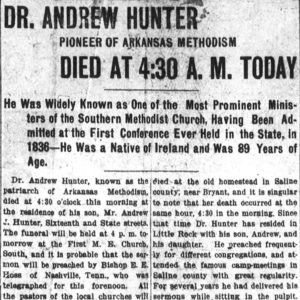 Hunter Death Notice
Hunter Death Notice
Entry Category: Religion
 Hunter Death Notice
Hunter Death Notice
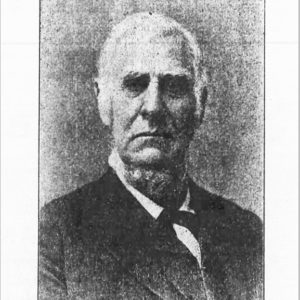 Andrew Hunter
Andrew Hunter
Hunter, Andrew
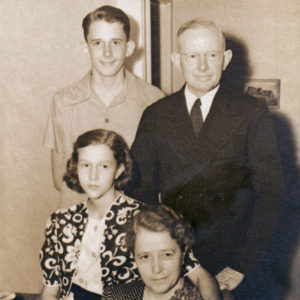 Joseph Hunter and Family
Joseph Hunter and Family
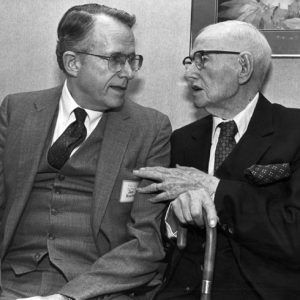 Joseph Hunter
Joseph Hunter
Hunter, Joseph Boone
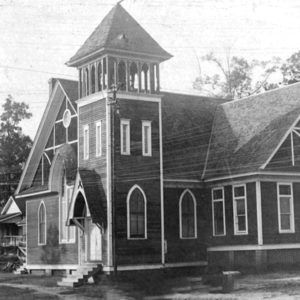 Huttig Church
Huttig Church
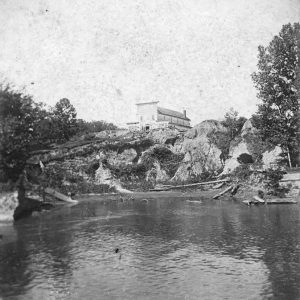 Ice House
Ice House
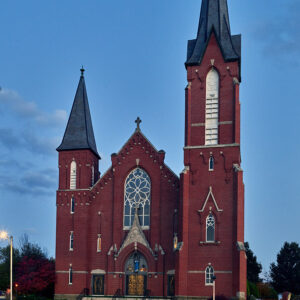 Immaculate Conception Church
Immaculate Conception Church
Immaculate Heart of Mary Church and School
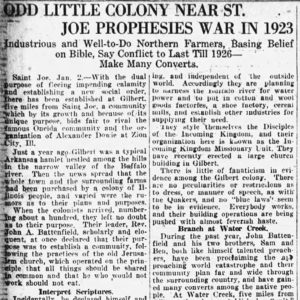 Incoming Kingdom Article
Incoming Kingdom Article
Incoming Kingdom Missionary Unit
Interfaith Arkansas
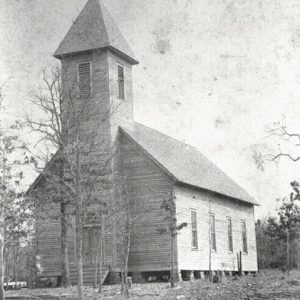 Ione Baptist Church
Ione Baptist Church
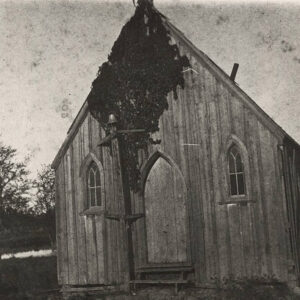 Jacksonport Church
Jacksonport Church
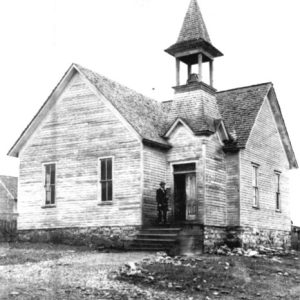 Jasper Methodist Church
Jasper Methodist Church
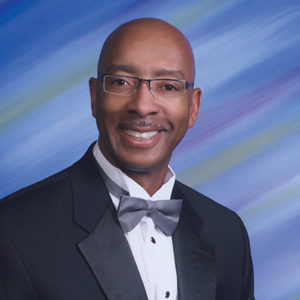 Rickey Jasper
Rickey Jasper
Jasper, Rickey Lane
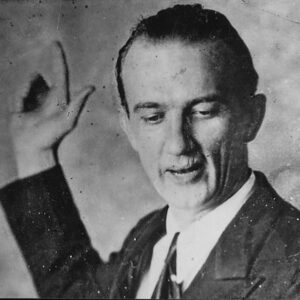 Joe Jeffers
Joe Jeffers
Jehovah’s Witnesses
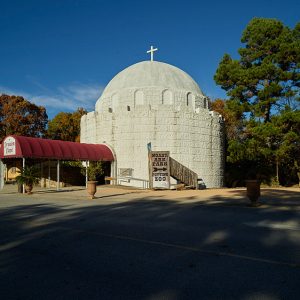 Jerusalem Chapel
Jerusalem Chapel
Jewish Federation of Arkansas (JFAR)
Jews
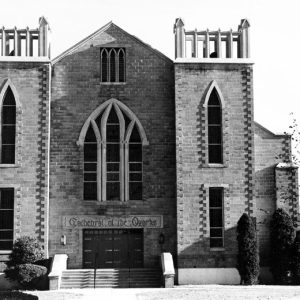 John Brown University Cathedral
John Brown University Cathedral
John Brown University (JBU)
Johnson v. State (1942)
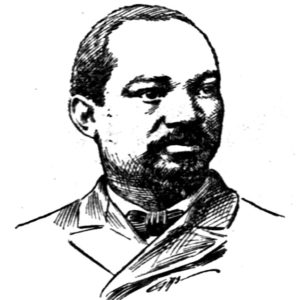 Lewis Johnston Jr.
Lewis Johnston Jr.
Johnston, Lewis, Jr.
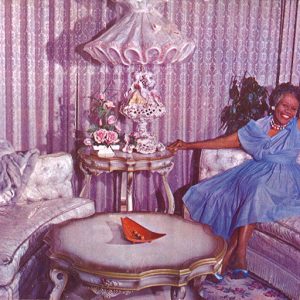 Willa Saunders Jones
Willa Saunders Jones
Jones, Willa Saunders
Jonesboro Church Wars
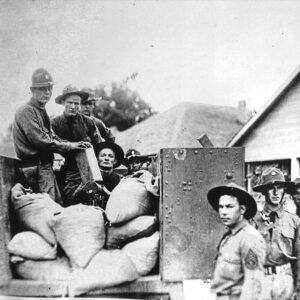 Jonesboro Soldiers
Jonesboro Soldiers
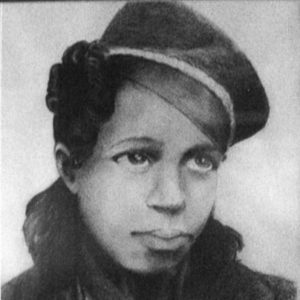 Ethel Kearney
Ethel Kearney
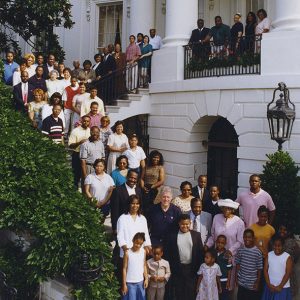 Kearney Family in Washington DC
Kearney Family in Washington DC
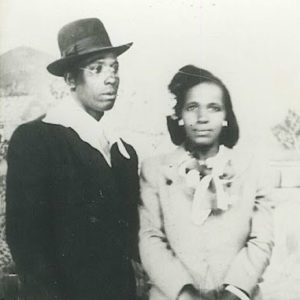 James and Ethel Kearney
James and Ethel Kearney
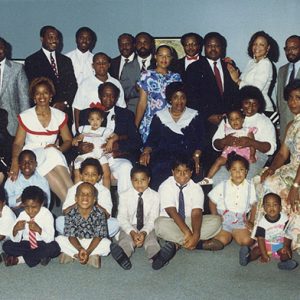 Kearney Family
Kearney Family
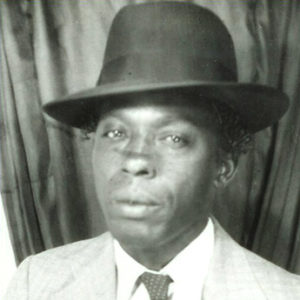 James Kearney
James Kearney
Kearney, James and Ethel
Kelleyite Churches of Christ
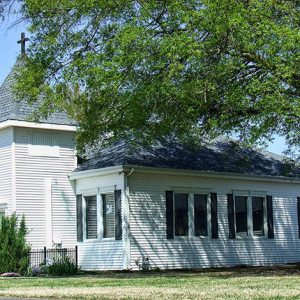 Keo United Methodist
Keo United Methodist
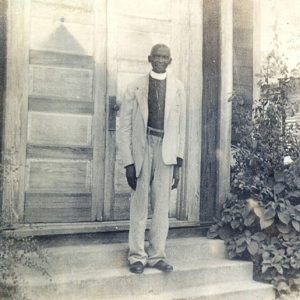 Rev. J. H. King
Rev. J. H. King
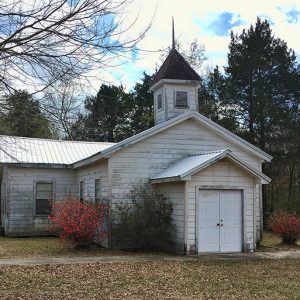 Kirk Baptist Church
Kirk Baptist Church
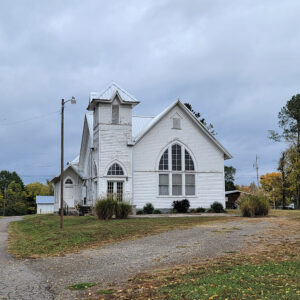 Lamar Church
Lamar Church
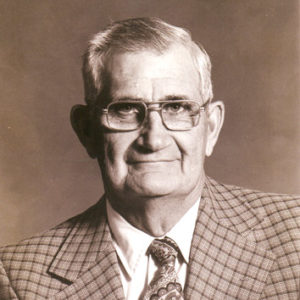 Jay Lawhon
Jay Lawhon
Lay, Henry Champlin
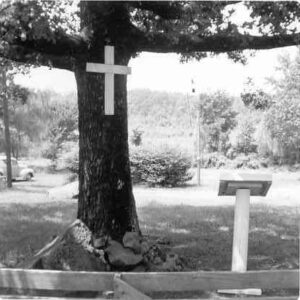 Lectern and Cross
Lectern and Cross
Lee, Burwell
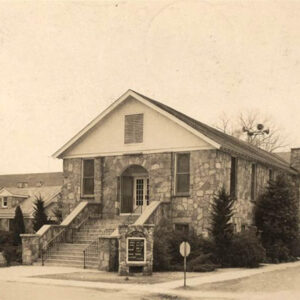 Lepanto Church
Lepanto Church




